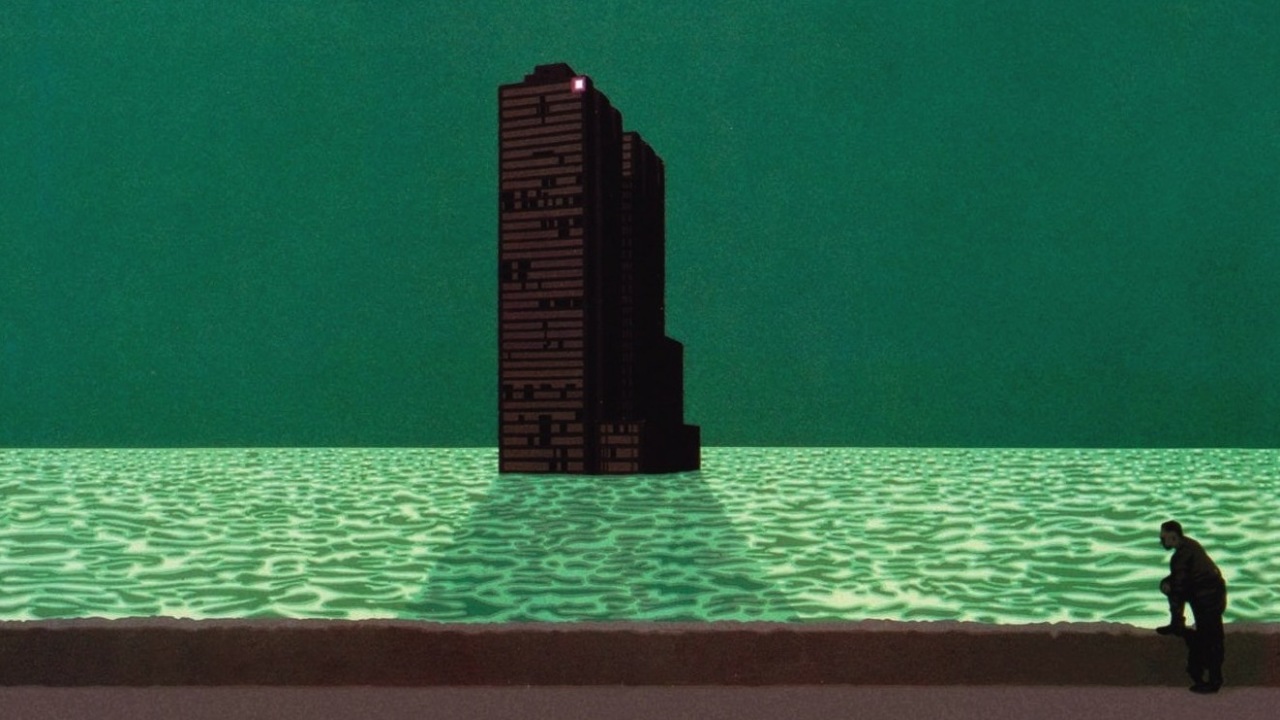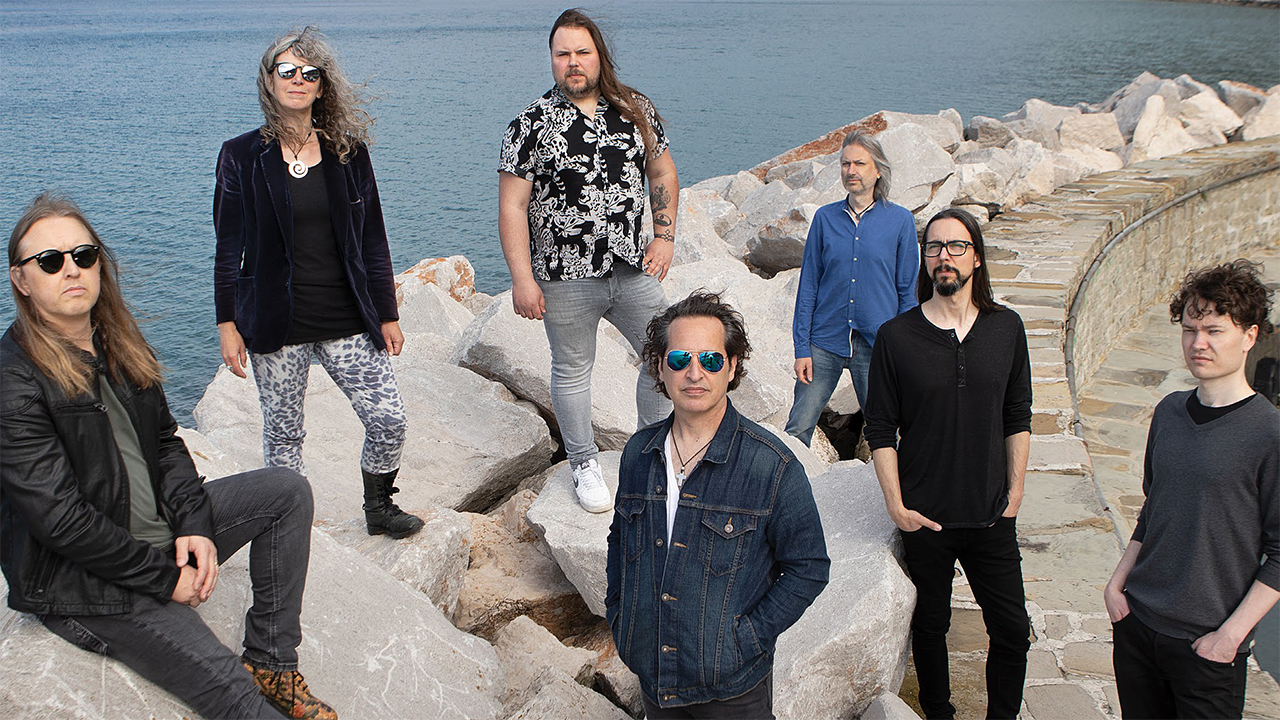You can trust Louder
Although Mike Oldfield’s first attempts at blending his favoured long form pieces of music with more controlled, short-form songwriting did not yield too much reward, he began having considerably more such with his early 80s efforts. None more so than on these two releases, from 1982 and 1983 respectively, which offered a more balanced approach than the preceding Platinum (1979) and QE2 (1980).
Both relied on a single lengthy piece of music on one side, with the other showing Oldfield’s burgeoning skill with shorter, memorable yet progressively experimental songs. Five Miles Out, with its cover painting of a plane flying out of the storm clouds, hints at a near disastrous flight Oldfield and band had taken on his QE2 tour, and which forms the basis for the title track (also boasting a rare Oldfield vocal).
More intriguing, however, are the lengthy Taurus II, which sets in motion the rhythm Five Miles Out revolves around, and Family Man. Blessed with the delightful tones of Maggie Reilly, it was perhaps Oldfield’s finest pop song to that point (and later a Top 20 hit for white soul duo Hall And Oates), on his most successful album since 1975’s Ommadawn.
A year later he went one better in terms of chart placings, with Crises hitting Number Six in the album charts. But it was the enormous worldwide success of the single Moonlight Shadow, a poignant and catchy hit boasting yet another fine vocal from Maggie Reilly that made sure that Oldfield’s name was once more headline news.
That delightful single aside, Crises was certainly Oldfield’s best and most consistent work since Ommadawn. The side-long title track came with yet another Oldfield vocal (one he would perform live on the ensuing tour) and some strident guitar work too. Jon Anderson cropped up on In High Places and Family’s Roger Chapman lent his equally distinctive tones to the AC/DC meets Dire Straits rock of Shadow On The Wall, another hit around Europe.
Oldfield would follow this creative path for the remainder of the 80s, before returning to the style which was closest to his musical heart in 1990 with the excellent Amarok. But that’s another story…
Sign up below to get the latest from Prog, plus exclusive special offers, direct to your inbox!
Writer and broadcaster Jerry Ewing is the Editor of Prog Magazine which he founded for Future Publishing in 2009. He grew up in Sydney and began his writing career in London for Metal Forces magazine in 1989. He has since written for Metal Hammer, Maxim, Vox, Stuff and Bizarre magazines, among others. He created and edited Classic Rock Magazine for Dennis Publishing in 1998 and is the author of a variety of books on both music and sport, including Wonderous Stories; A Journey Through The Landscape Of Progressive Rock.


